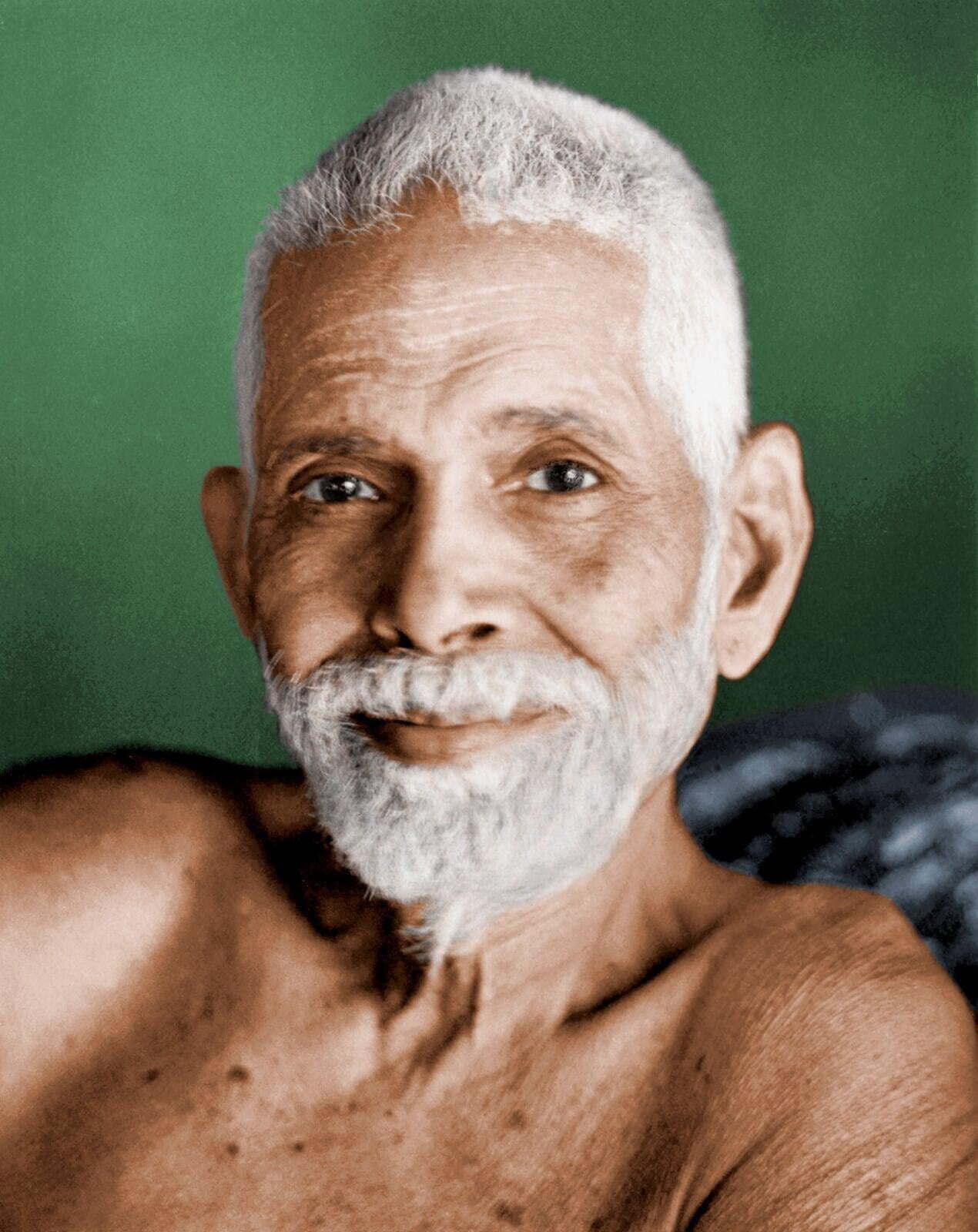What is Satsangh
Ramana Satsang is an attempt to connect with seekers and devotees of Sri Ramana Maharshi throughout the world through various means, such as communication through email or newsletter, local satsangs, volunteering to support Sri Ramanasramam’s activities, local satsang groups, or related charities. ‘Satsang’ is for those who practice the teaching or wish to learn about the teaching of Sri Ramana Maharshi. Those who share the Master’s vision of “brotherhood based on a sense of equality” find joy and support in the company of others who share His vision. The Ramana Gita verses quoted show that getting connected to a ‘circle’ or ‘Satsangh’ group is consistent with the teachings of the master.
Satsang allows like-minded devotees, living in close proximity to each other, to get together, reflect on and practice Sri Bhagavan’s teachings, and participate in local functions to celebrate the Jayanti/Aradhana of Sri Bhagavan and other special events.
You are invited to subscribe to our free newsletter which will keep you updated on Ashram events.
Ramana Gita Chapter Ten
Ramana Gita Chapter Ten
We record in this, the tenth chapter, the conversation between Yati Yoganathan and Maharshi Ramana, which will make the members of society rejoice.
Yoganathana: Oh, Great Sage, what is the relationship between society and its members? Lord, be pleased to explain this for the welfare of society.
Bhagavan: In a society consisting of followers of diverse ways of life, Oh best of Sadhus, society is like the body and the members its limbs. Oh, ascetic, a member prospers by working for society like a limb serving the body. Through mind, speech, and body, one should always conduct oneself so as to serve the interests of society and should also awaken his circle to do likewise. One should build up one’s own circle so as to serve the interests of society and then make it prosper so that society itself may prosper.
Yoganatha: Among the wise, some extol peace, others power. Which of these, Oh Lord, is the better means for promoting the well-being of society?
Bhagavan: Peace is for the purity of one’s own mind; power is for the progress of society. Society should be raised through power, and then peace should be established.
Yoganatha: Oh, Great Sage, what is the supreme goal on earth to be attained by human society as a whole?
Bhagavan: Brotherhood based on a sense of equality is the supreme goal to be attained by human society as a whole. Through brotherhood, supreme peace will prevail among mankind, and then this entire planet will flourish like a single household.
The above conversation between Yoganathan, the ascetic, and the gracious Maharshi took place on August 15, 1917.

